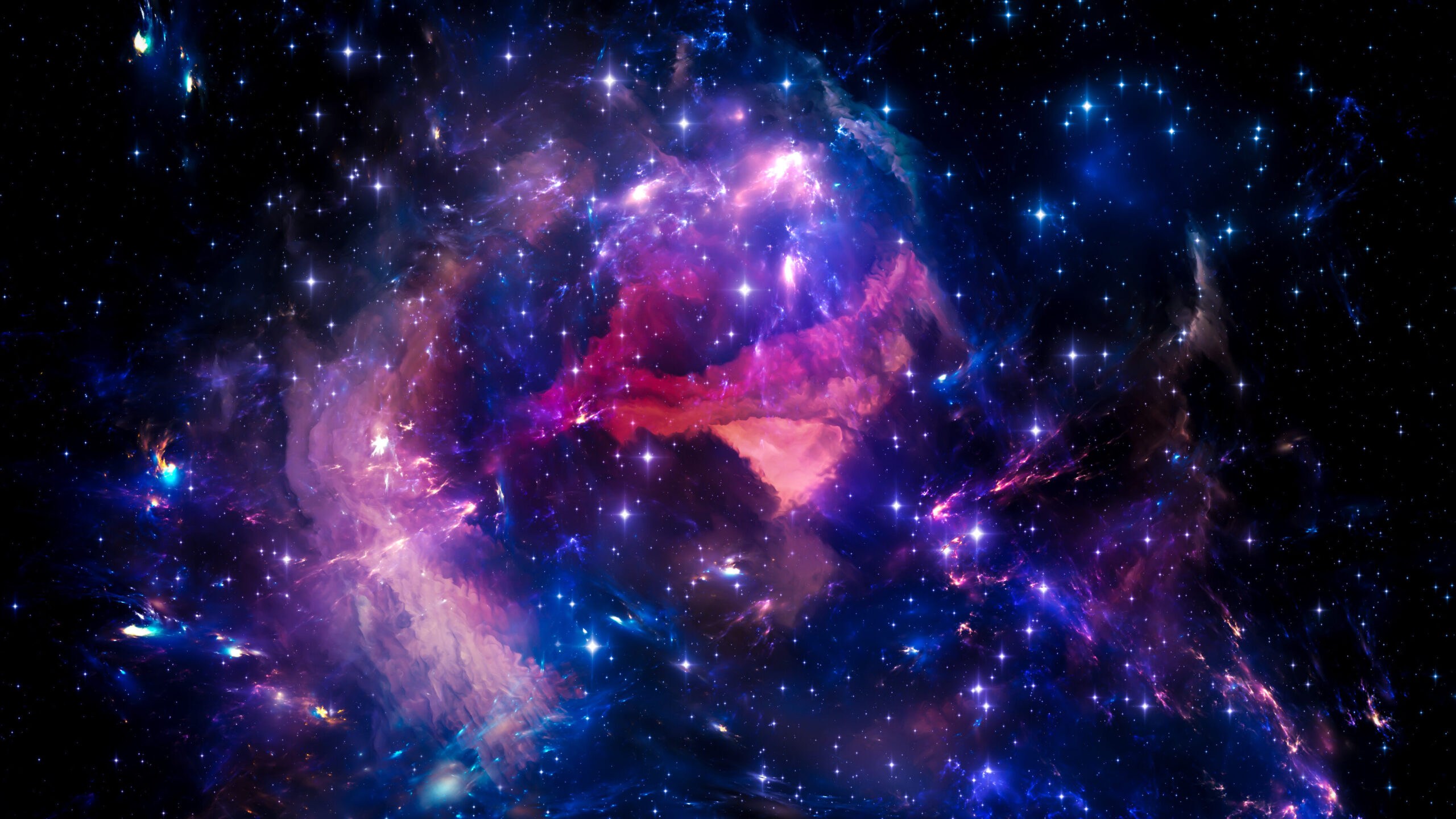
ānanda [pleasure, happiness, ecstasy, joy, bliss, transcendental bliss]
In classical Indian thought the word ānanda appears quite commonly to describe the blissful qualities of the demi-gods in a way that resembles our own mundane happiness.
But in the writings of the Gaudiya Vaishnavas ānanda has an entirely different flavour and purpose. It is not a quality that is had, but the result of an action, not a property but a movement, not a gift, but a giving. It is the experience of pleasure that comes alive the through the energy and action of devotional love and service.
In the Śrī brahma-saṁhitā, so revered by Śrīman Mahāprabhu, ānanda is described as the extraordinary, transcendental bliss enjoyed by God when all the emotional and spiritual experiences of the world are concentrated into one experience.
Continue reading





